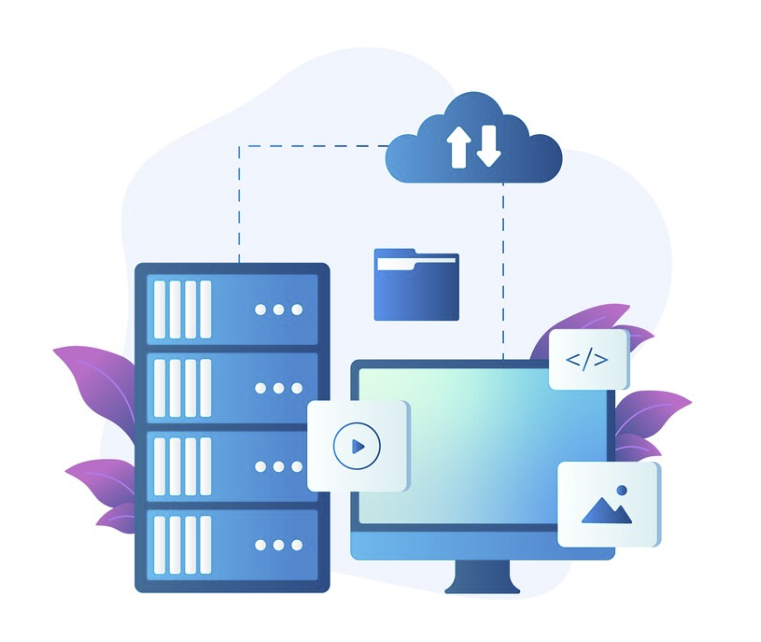Introduction:
In the ever-evolving realm of data management and analytics, understanding the fundamental concepts of business intelligence (BI) within the context of data warehousing is crucial. Business Intelligence leverages data to provide actionable insights, aiding in informed decision-making. This blog aims to elucidate the essence of business intelligence in data warehousing in simple terms.
What is Business Intelligence?
Definition: Business Intelligence (BI) refers to the technology-driven process of analyzing data to gain actionable insights, enabling businesses to make informed decisions and optimize performance.
In simpler terms, BI involves gathering, analyzing, and transforming data into actionable information that can guide strategic business decisions. These decisions can range from improving operational efficiency to identifying growth opportunities.

Role of Data Warehousing in Business Intelligence:
Definition: Data Warehousing is a specialized type of database that stores and manages large volumes of structured, historical data from various sources, making it accessible for analysis and reporting.
Data warehousing plays a pivotal role in enabling effective BI. It acts as a central repository, integrating data from disparate sources within an organization. This integrated data is organized and optimized for complex analysis, forming the foundation for business intelligence.
Also Read: Improve business outcomes by managing data and analytics risk
Key Components of Business Intelligence in Data Warehousing:
- Data Integration:
- Gathering data from various sources and integrating it into a centralized data warehouse. This ensures consistency and accuracy in the data used for analysis.
- Data Modeling and Analysis:
- Designing models to structure data in a way that supports meaningful analysis. Analytical tools query and analyze this structured data to derive insights.
- Reporting and Visualization:
- Presenting analyzed data in a comprehensible format through reports, dashboards, charts, or graphs. Visualization enhances understanding and aids in identifying trends and patterns.
- Decision Support:
- Empowering decision-makers with timely and relevant information to support their strategic choices. BI tools help in forecasting, trend analysis, and scenario planning.
Benefits of Business Intelligence in Data Warehousing:
- Informed Decision Making:
- BI enables organizations to make informed, data-driven decisions based on accurate and timely information.
- Competitive Advantage:
- Access to insightful data gives a competitive edge by identifying market trends, consumer behaviors, and emerging opportunities.
- Operational Efficiency:
- Streamlining operations and processes based on BI insights leads to improved efficiency and cost savings.
- Customer Understanding:
- Understanding customer preferences and behaviors helps in tailoring products and services to meet their needs effectively.
Also Read: The Future of Market Research: Unveiling the Potential of Chatbots
Conclusion:
Business Intelligence, fueled by the data warehousing foundation, is an invaluable tool for modern businesses. It empowers organizations to harness the potential of data, transforming it into actionable insights that drive strategic decisions. Embracing BI within the context of data warehousing is a step toward a data-savvy, competitive, and efficient business environment.



